I grew up not far from Charlottesville and still remember visiting Monticello as a boy, fascinated by the gadgets of our third President. The decayed remnants of slavery and the monuments to its defense were silent backdrops to my emerging life. Almost all the wooden structures in northern Virginia had been burned in The War as Union and Confederate troops roiled back and forth in the Shenandoah. My great-grandfather was wounded at Antietam fighting with the 13th Regiment of the Massachusetts Volunteers. We regularly made a pilgrimage to the cornfield where he was shot. Visiting Civil War battlefields throughout the region was a regular feature of my boyhood. The ten volumes of The Photographic History of the Civil War provided bedtime reading and still occupies a place on my bookshelves. The stories of War and Republic hung in the air I breathed. In Charlottesville they clashed again like Mosby’s Grey Ghosts of Northern Virginia in my youth’s imagination.
The struggle for a flourishing Republic has always been fought out on the battlegrounds of slavery and racism. Even as Edward Everett orated for the preservation of the Union, he did so in defense of the great republican heritage of the Anglo-Saxon race. In his mind and in those of his compatriots, the defeat of the Confederacy was necessary to preserve the republican Union created by this race of men. The republican vision sailed into the twentieth century in the ship of Anglo-Saxon “progress.” Only grudgingly did it accept other Europeans and then other “white” people into a common hold. More arduous still has been the inclusion of non-Christians, Africans, and Asians. At each point the Republican vision had to strain at the scaffold of its Constitutional frameworks.
The 19th century theory of race was widely shared by all educated people. Only gradually did it begin to succumb to scientific critiques. In the mid-twentieth century people began to realize that all human beings shared a common ancestor in Africa. Adam and Eve were Africans. Slavery and racism have been the ongoing fratricide of the human family.
Now, the struggle for a social order formed by covenants, constitutions, public deliberation, and voluntary citizenship struggles to escape the wreckage of a foundering racist ship. On our entire human journey we have continually tried to anchor our political life in the biology of sex, skin, and strength. We do not yet believe fully that we can be human together through the grace of a shared public life rooted not in our biology but in our freedom, not only in our history but in our hopes.
The public life of our Republic is threatened once again by armed insurrection in the streets, the decay of truthfulness in our presiding leaders, the fear of “The Other,” and the ruthless despoliation of the earth that gave us birth. Overcoming the cries of “Blood and Soil,” as in Germany in the Nazi era, will require sacrifice anew, but in this sacrifice of former certainties of race, we may also have the possibility to claim the promise of a Republic that is truly a unity covenanted among a pluralism of peoples. We may yet reconcile our history and our hope.

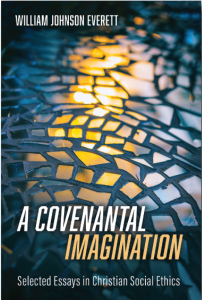
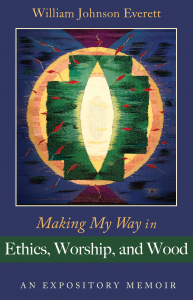
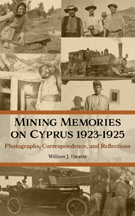
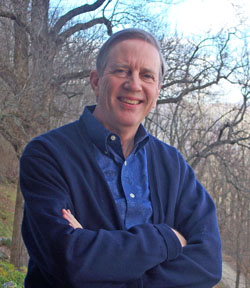
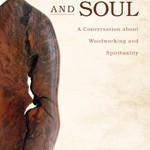
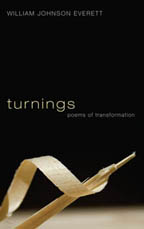
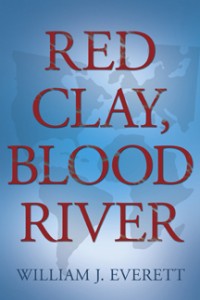 Red Clay, Blood River
Red Clay, Blood River
Incisive thought-fullness as ever, Bill.
Your accounts–both personal and historical–give me a framework of hope, transcending the immediacy of the horrible events at Charlottesville and the incredible tragedies of the Civil War. I truly believe the Republic will endure, but only by the full-hearted commitment and action of those who truly care.
Thank you so much for this, Bill. We are so in need of this clear light in the darkness.